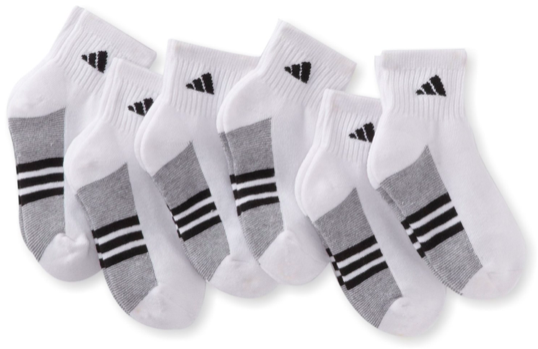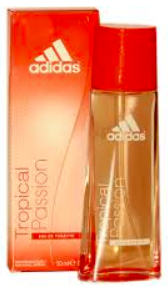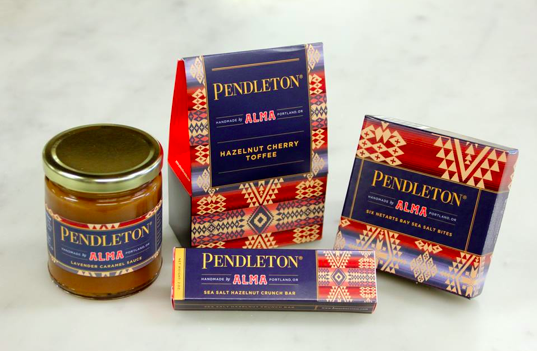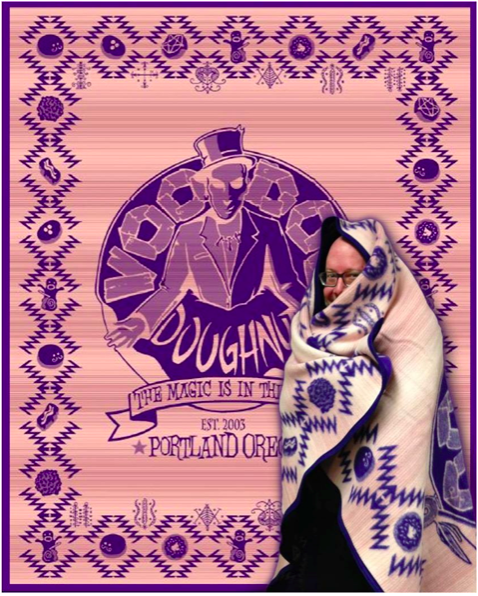Entrepreneurs, business folks and frankly humans need to understand what a brand is and the power that it can wield. In simple terms, a brand is a promise kept. Even individuals can be looked at as brands. Why does one consumer buy Nike instead of adidas when they are made in effectively the same factories and with the same materials? Some might argue that the difference is technology, design etc., but the truth remains: we buy brands because of what the brand promises and how participating in that promise makes us feel.
We buy brands because of what the brand promises and how participating in that promise makes us feel. Tweet This Quote
Brands need to be seen, heard, felt and touched. How does a brand owner cut through the noise, get noticed and interact in an aspirational way with key consumers? Two of the most impactful and strategic ways to grow your company are through licensing and collaborations.
Licensing—Boon or Bust for Your Brand
When a company feels that their consumers want to experience its brand in a different category or product line that it has little to no experience in, licensing agreements can be a boon. Executed mindfully, licensing can be a real wellspring for a brand, with its opportunities for royalty dollars, expanded distribution, additional marketing and exposure, and new ways to engage consumers.
Brands need to be seen, heard, felt and touched. Tweet This Quote
One example of great licensing is the adidas sock license, which helped it grow its sock business over 10x and ensured leading technology and design.

adidas socks
If good licensing can be a brand’s golden ticket into global markets, it can also be the nail in a brand’s coffin when the partnership is ill fitting. An example of this can been seen in adidas license to Coty for fragrance that is sold at Walgreens and beyond—which is out of sync with the brand’s careful distribution strategy.

adidas license to Coty
The first question you should ask yourself when approaching a partnership is this: “Are the product categories right?” It is critical for brands to develop into relevant categories, because categories that fit the brand’s values ultimately make partnerships feel organic and seamless to the consumer. Licensing is (or should be) a very strategic aspect of brand management.
Certainly, you want to be sure that your licensed product is different and sets you apart from crowded categories. Mindlessly slapping a logo on a product can raise suspicions or alienate consumers—dangers that need to be taken seriously. After all, the goal of any licensing agreement should always be a matter of deepening the consumer’s connection with the brand.
If good licensing can be a brand’s golden ticket into global markets, it can also be the nail in a brand’s coffin when the partnership is ill fitting. Tweet This Quote
Next, ask yourself whether the distribution channels fit. Done right, licensing is the quickest, least expensive and least resource-intensive way to expand your product offering into relevant categories, meaning more channels and, therefore, more consumer impressions at retail.
Collaborations—A Brand’s Disruptive Opportunity
These are similar to licenses in that one brand is loaning its logo and intellectual property to the other, however, collaborations are usually a quick in and out of the market—as opposed to longer term licensing of categories. Many of the rules for licensing (noted above) apply to collaborations but because they are typically in and out of the market in a season, brands can take more of a chance and be a bit more disruptive with collaborations.
We at the Meriwether Group pride ourselves on being brand expansion experts, and a huge part of what we do is consult with entrepreneurs behind iconic brands. We offer companies a way to engage in careful, strategic growth, oftentimes through partnering and licensing. This puts us in an unique position of access to an entire network of authentic and incredibly ambitious thought leaders. This network of brands aids in facilitating some awesome partnerships. A couple recent examples:

Alma-Pendleton partnership
The Alma-Pendleton partnership represents to both brands the opportunity to celebrate their Pacific Northwest roots, and the benefits of this pairing flow both ways: Alma stands to gain from both Pendleton’s brand recognition as well as the global distribution channels their brand offers; meanwhile Pendleton is offered an opportunity to reconnect with their Pacific Northwest roots through a line of chocolates that celebrate Oregon’s natural bounty. Each product of the line incorporates something quintessential to the Pacific Northwest: Hood River cherries and local hazelnuts, Oregon Sea Salt, lavender from the Willamette Valley, and, naturally, Portland bean-to-bar Woodblock chocolate.

Pendleton-Voodoo partnership
The Pendleton-Voodoo partnership is another opportunity for Pendleton to solidify their identity with the Pacific Northwest. Voodoo Doughnut is practically synonymous with Portland and so made the introduction of the Voodoo-Pendleton blanket feel totally natural. Moreover, this blanket is a perfect example of a product that is totally different and new. Anyone familiar with the Voodoo Doughnut brand knows they are unapologetically irreverent, so the pairing offers Pendleton the opportunity to reach a population of more youthful and modern consumers.
In each of these examples—and in others we’ve done with Nike and Pendleton, and Doc Martins and Chef Works—we sought to ensure (1) that the brands shared some key DNA or brand authenticity and promise; (2) that the consumer would be surprised and delighted by the collaboration; (3) that it would cut through the noise of what has become a crowed retail environment; and (4) that the brands could make tons of money—something every entrepreneur and brand owner should look for as well.



